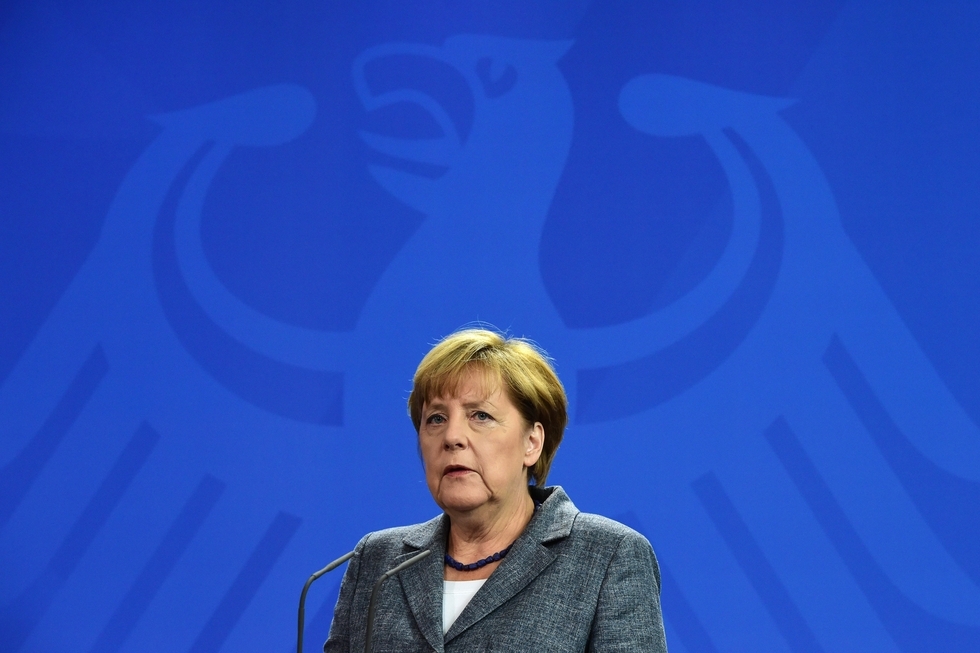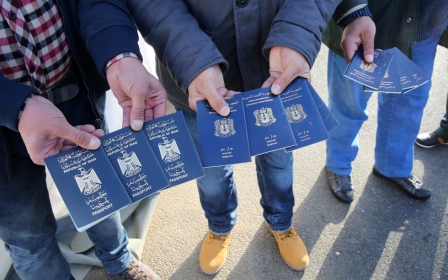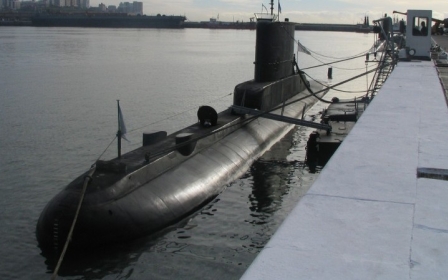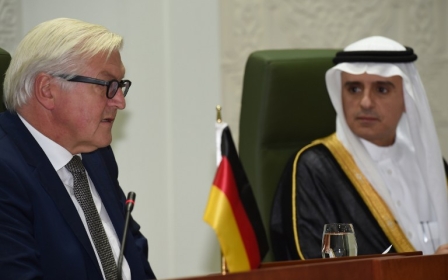Germany's refugee debate reignited after New Year's Eve sexual assaults

Calls to reform Germany’s refugee policy have mounted since a series of sexual assaults that took place on New Year’s Eve in the western city of Cologne were blamed by witnesses on "Arab-looking men".
“It can’t go on like this,” said Steffen Bilger, a politician aligned with Chancellor Angela Merkel's Christian Democrat party. He also tweeted: “Urgently needed: reduction of influx, secure borders, intensifying of deportations and meaningful justice. #Cologne.”
Merkel's spokesman Steffen Seibert said she had called Cologne's mayor, Henriette Reker, to express her "outrage" over the violence, which she said required "a tough response from the state".
Chancellor Angela Merkel has demanded a thorough investigation of the "repugnant" attacks, ranging from groping to at least one reported rape, allegedly committed in a large crowd of revellers during year-end festivities outside the city's main train station and its famed Gothic cathedral.
"Everything must be done to find as many of the perpetrators as possible as quickly as possible and bring them to justice, regardless of their origin or background," said Seibert, quoting Merkel.
One of Germany’s right-wing parties, Alternative for Germany (AfD), which hopes to gain seats in three regional elections in March, seized on the attacks as "a result of unchecked immigration".
"Here we see the appalling consequences of catastrophic asylum and migration policies on Germany's everyday reality," party leader Frauke Petry said.
Police in Cologne said they had received 90 criminal complaints by Tuesday and quoted witnesses as saying that groups of 20-30 young men "who appeared to be of Arab or North African origin" had surrounded victims, assaulted them and in several cases robbed them.
A plain-clothes policewoman was reportedly among those attacked.
Justice Minister Heiko Maas said the assaults represented "a new dimension of crime that we will have to get to grips with," adding that they had appeared to be "coordinated".
Asked by a journalist whether refugees were behind the rampage, Maas said police were still working to identify the attackers.
"This is not about where someone is from but what they did," he said.
"Making an issue out of it, lumping it together with the refugee issue, is nothing but exploitation. Now is the time to determine the facts and then decide on the necessary consequences."
Reker, Cologne’s newly elected mayor who was stabbed in the neck in October by an anti-immigrant protester, called a crisis meeting with political officials and police on Tuesday after the case made national headlines.
She pledged to step up security and violence-prevention measures ahead of next month's raucous Cologne Carnival, which draws hundreds of thousands to party in the city's streets.
Albers said security cameras and better lighting would be installed for the 4 February event, including around the main rail station.
Merkel in her televised New Year's address called on Germans to continue to welcome refugees despite mounting criticism and to reject far-right ideologues whipping up anti-migrant sentiment.
Germany took in around one million asylum seekers in 2015, many of them fleeing war-ravaged Syria.
New MEE newsletter: Jerusalem Dispatch
Sign up to get the latest insights and analysis on Israel-Palestine, alongside Turkey Unpacked and other MEE newsletters
Middle East Eye delivers independent and unrivalled coverage and analysis of the Middle East, North Africa and beyond. To learn more about republishing this content and the associated fees, please fill out this form. More about MEE can be found here.




